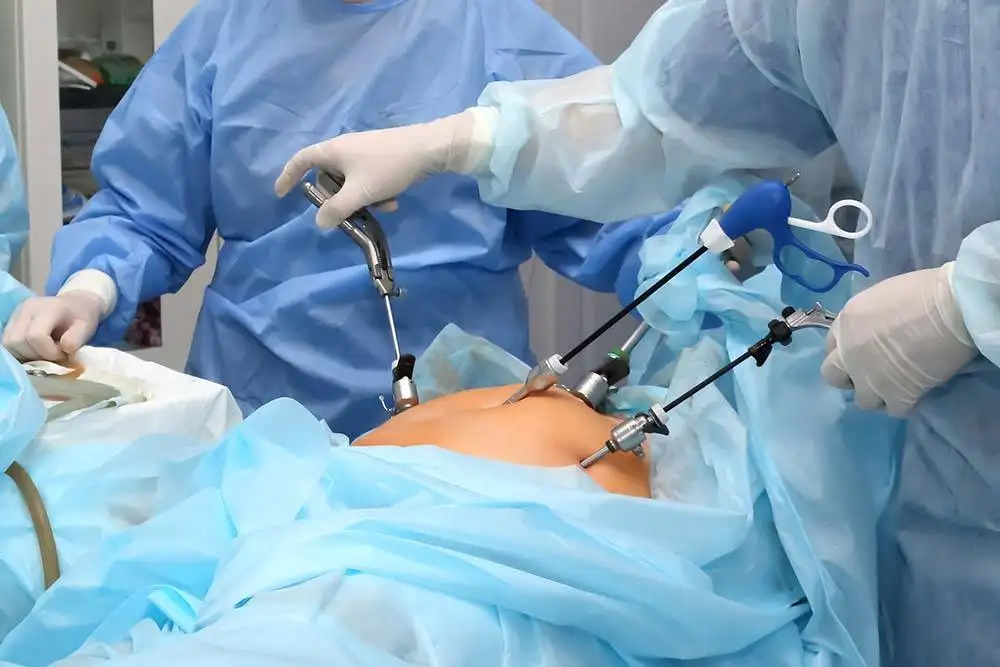Observed every year on April 7, World Health Day marks the anniversary of the founding of the World Health Organization (WHO) in 1948. Each year, this global health observance focuses on a specific theme that highlights a pressing public health issue — encouraging collective action from governments, organizations, and individuals.
This year’s theme, “Healthy beginnings, hopeful futures,” launches a year-long global campaign to improve maternal and newborn health. The initiative will push for stronger healthcare systems, better access to medical support, and increased awareness — all aimed at eliminating preventable deaths of mothers and newborns.

The campaign also shines a light on long-term maternal health, emphasizing not just safe delivery but also the physical and mental well-being of women before, during, and after pregnancy.
Why Maternal and Newborn Health Matters
According to WHO, “nearly 300,000 women die each year from pregnancy or childbirth-related causes.While over 2 million newborns die within their first month and around 2 million babies are stillborn annually. That’s one preventable death every 7 seconds.”
What’s more concerning is that, at the current pace, 4 out of 5 countries won’t meet maternal survival targets by 2030, and 1 in 3 will fail to reduce newborn deaths.
Maternal and newborn health is crucial for several reasons, as it directly impacts the well-being of mothers, infants, families and communities. Improving maternal and newborn health can significantly decrease the rates of maternal and infant mortality. Here are a few steps that might help:
Key Tips for Healthier Pregnancies and Postnatal Care
To support healthier outcomes for mothers and babies, we need actionable, accessible strategies:
- Regular Check-Ups
Routine prenatal visits help detect and manage risks early. Early intervention saves lives.
- Nutrition & Lifestyle
Educate expectant parents about balanced diets, physical activity, and avoiding harmful substances like tobacco, alcohol, and drugs.
- Mental Health Support
Pregnancy and childbirth bring emotional changes. Destigmatizing mental health and providing access to therapy or counseling is essential for maternal well-being.
- Skilled Healthcare Access
Ensure every woman has access to trained professionals and well-equipped facilities during pregnancy, childbirth, and recovery.
- Comprehensive Postnatal Care
Postnatal check-ups aren’t optional. They help monitor the mother’s recovery, provide breastfeeding support, and track the baby’s development.
Note: This content is only for generic information. Always consult a specialist or your doctor for more information.





